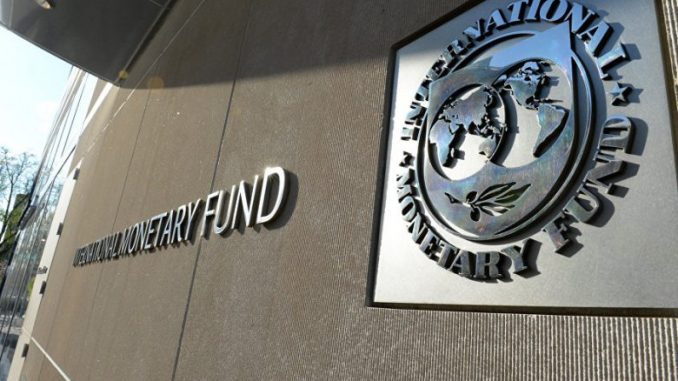International Monetary Fund (IMF) has expressed concerns about a potential “doom loop” for Nigeria and other emerging economies.
This was disclosed in a recently released IMF report, titled “Emerging-Market Banks’ Government Debt Holdings Pose Financial Stability Risks”.
Nigeria’s bank credit to the government surged to N14.9 trillion as of February 2022, an uptick from the N14.2 recorded in January 2022.
IMF stated that there is a reason to worry about this nexus between banks and governments. “Large holdings of sovereign debt expose banks to losses if government finances come under pressure and the market value of government debt declines,” it stated.
The Bank stated that a crisis with the credit to the government could force banks, especially those with less capital “to curtail lending to companies and households, weighing on economic activity.“
The Bank added that “The sovereign-bank nexus could lead to a self-reinforcing adverse feedback loop that ultimately could force the government into default. There is a name for that, too—the “doom loop.” It happened in Russia in 1998 and in Argentina in 2001-02.”
The IMF also noted that rising returns in advanced countries as central banks start to normalize monetary policy might make emerging-market debt less attractive and put upward pressure on borrowing prices.
A doom loop is a negative spiral that can occur when banks hold sovereign bonds and governments with weak public finances bail out such banks.
Governments are exposed to bank risk, as well as banks are exposed to sovereign risk by holding government bonds in their portfolios. Other names for the doom loop include the “diabolic loop” and “vicious circle”.
The IMF stated that “A sharp tightening of global financial conditions—resulting in higher interest rates and weaker currencies on the back of monetary policy normalization in advanced economies and intensifying geopolitical tensions caused by the war in Ukraine—could undermine investor confidence in the ability of emerging-market governments to repay debts.“











